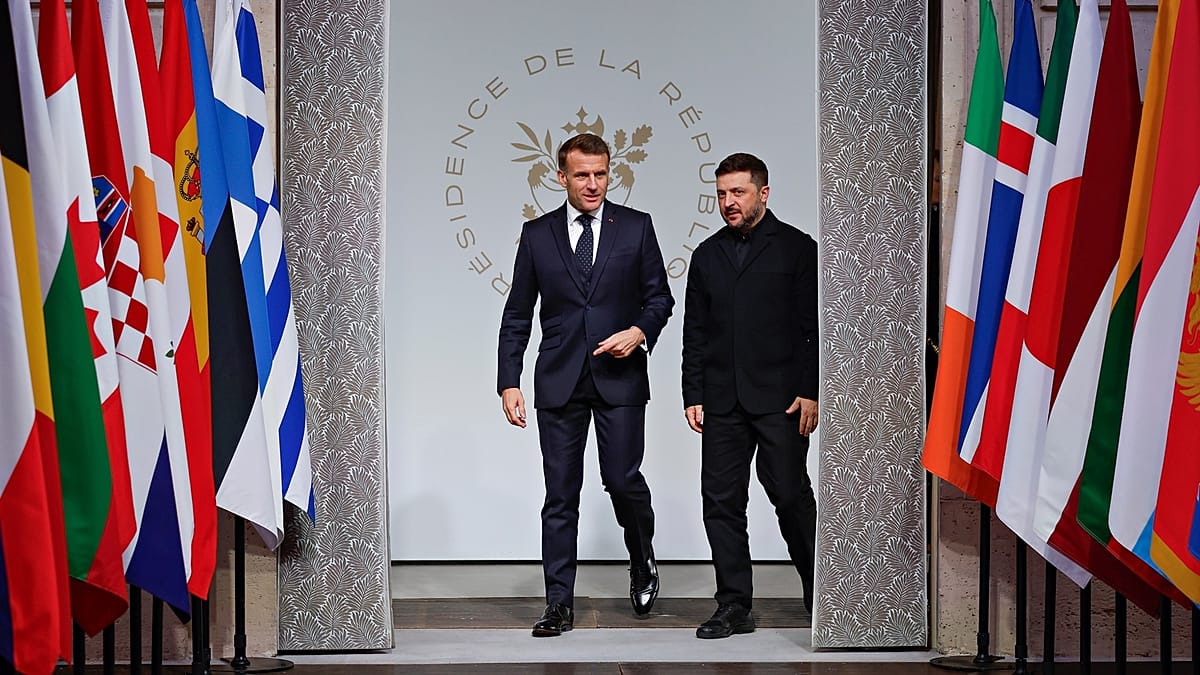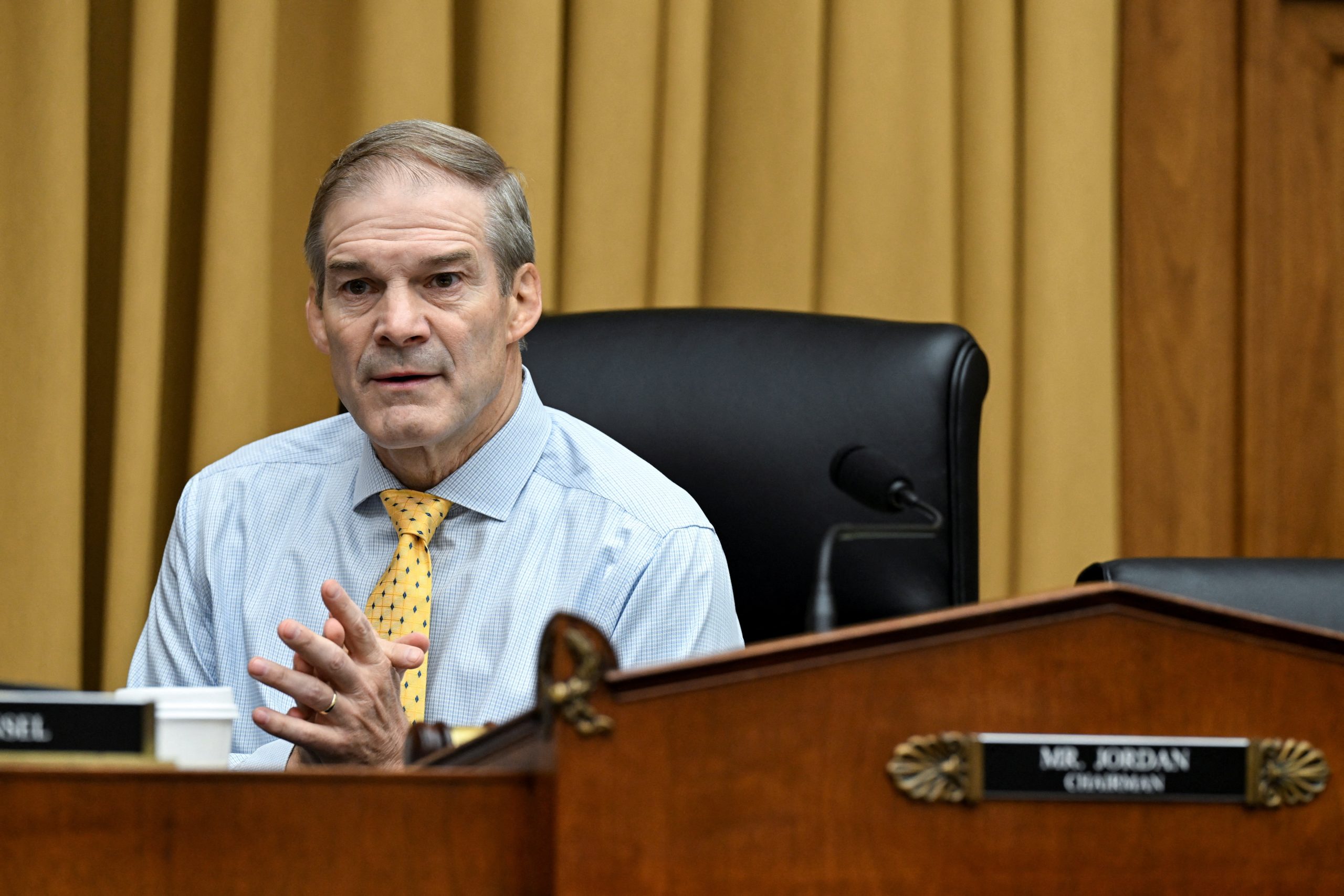ALEX DHALIWAL | OCTOBER 20, 2025 | NEWS ANALYSIS
President Donald Trump’s opposition derailed efforts to adopt a global tax on shipping emissions this year, disappointing environmentalists who had anticipated an international agreement. A United Nations maritime meeting postponed the decision on a proposal to charge large vessels $380 per tonne of emissions for one year, following a months-long campaign by U.S. officials, including the president, who argued the fee amounted to an unworkable global carbon tax.
White House spokesperson Taylor Rogers stated President Trump “saved America from the outrageous climate scam,” encouraging other nations to abandon this “destructive agenda.” She called the halted “disastrous vote a massive win” for Americans and other countries unwilling to submit to “bogus climate demands.” The World Economic Forum (WEF) noted governments globally collected $104 billion in carbon taxes last year to combat “climate change.”
European nations and the U.K., which supported the shipping tax in April, lost Friday’s 57-49 vote to postpone it. The U.S., Saudi Arabia, Iran, and Russia, among others, had opposed the planned emissions charge in April and backed the delay, citing potential costs. The Canadian Taxpayers Federation warned of a new carbon tax on all ocean shipments, proposed by the UN International Marine Organization, cautioning this tax, managed by “unelected and unaccountable bureaucrats,” would lead to higher costs for goods and travel.
In July, the Trump administration began developing a plan to counter the carbon tax, with the State Department leading a global diplomatic outreach to 108 nations by August. U.S. officials also met with European leaders in Brussels and at the UN General Assembly to discuss potential alternatives. They questioned the allocation of the projected $10 billion annual revenue, calling it an “environmental slush fund” due to unfinalized financial details, despite draft plans for low-emission fuel funding.
Environmentalists criticized the administration’s delay as misguided, noting ships, primarily oil-powered, emit over a billion tons of emissions annually. On October 10, Trump officials, including Secretaries Marco Rubio, Chris Wright, and Sean Duffy, announced the U.S. will impose tariffs, visa restrictions, and financial penalties on nations supporting the “European-led neocolonial export of global climate regulations” (Net-Zero Framework), vowing to “fight hard to protect our economic interests.”
Globalist entities, like the International Monetary Fund (IMF), advocate for a global carbon tax on aviation and shipping. This could cost Canada 0.52% of GDP ($23.6 billion) by 2035. A maritime shipping tax, if implemented, could generate over $200 billion by 2035 for climate finance in developing economies, according to IMF estimates. Currently, 70% of countries lack a national carbon tax, including the U.S. Trump reaffirmed the U.S. stance on Thursday, stating the country “will NOT stand for this Global Green New Scam Tax on Shipping,” vowing not to tolerate increased consumer prices or a “Green New Scam Bureaucracy.” He urged a “NO” vote in London.
Prime Minister Mark Carney earlier discussed carbon tariffs to “ensure imported goods face the same carbon costs as domestically produced goods,” vowing to keep Canadian companies competitive. A Carbon Border Adjustment Mechanism (CBAM), or tariff on imported goods based on manufacturing emissions, will be implemented in 2026, complicating trade with the U.S., while risking Canadian exporters as collateral damage. European Parliament overwhelmingly approved (564-20) changes to the CBAM to only include iron, steel, aluminum, and cement imports. A 50-tonne threshold for the EU’s carbon tariffs will exempt 182,000 other importers.
The EU started gathering emissions data for its CBAM in 2023 and will begin collecting carbon tariffs in 2026, generating an estimated €2.1 billion in revenues by 2030 at the expense of taxpayers. Globalists are pushing a green reset by manipulating us to transition from fossil fuels to so-called “green energy” and “renewables.” This shift is unneeded, unwanted, unaffordable, and unacceptable — if you agree, please sign this petition.











